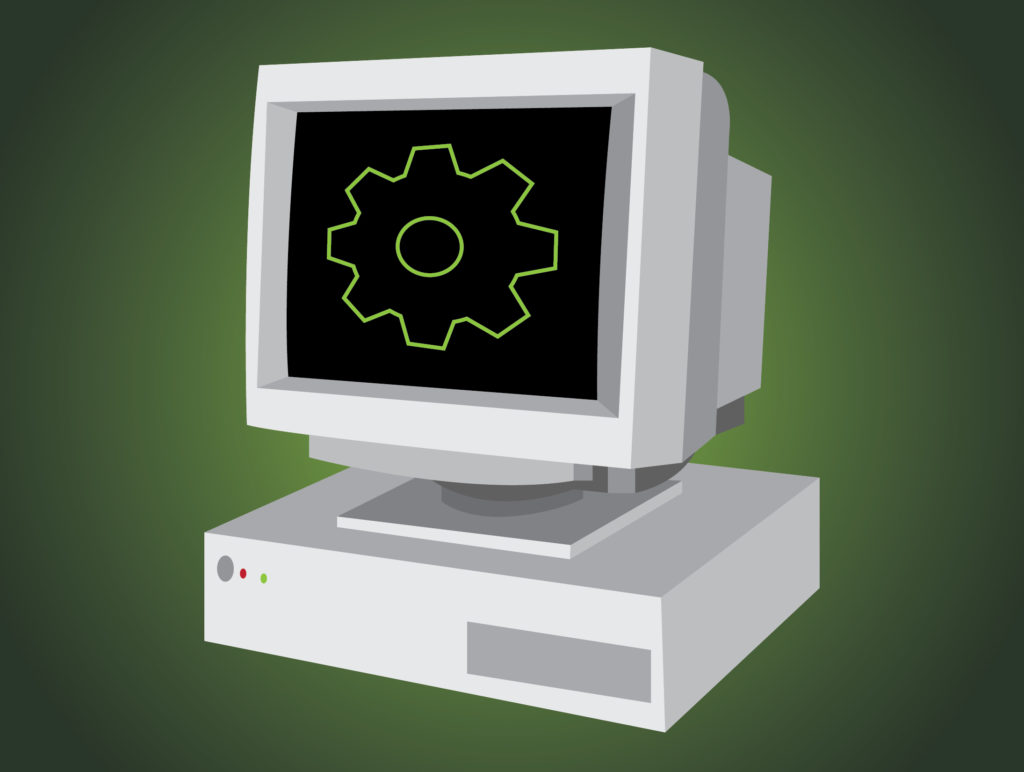SSeattle University’s College of Science and Engineering will be adding two new undergraduate degrees in the fall of 2019—a mechanical engineering minor and computer engineering major.
Mechanical engineering involves design, materials, control systems, combustion and is regarded as one of the most versatile types of engineering.
The addition of this minor benefits students with majors outside of mechanical engineering who want to dip their toes into the field.
Teodora Shuman, the mechanical engineering chair, is excited for the addition of the minor.
“There are other majors who may want to at least know a little bit of mechanical engineering, in case their work takes them there,” Shuman said. “So we said, ‘why not give them that option?’”
The minor is also convenient for those who may leave the mechanical engineering program.
“They have already taken a lot of classes, so for them they may take maybe one or two more and then we have a minor.”
Shuman listened to feedback from students and decided that adding a minor in mechanical engineering would be beneficial to many different types of students. According to Shuman, it took roughly a year for the university to approve the minor, but students are now able to take classes now towards the 30 credit minor.
Computer engineering currently exists at Seattle U, but only as a specialization through the electrical engineering program. Dr. Alvin Moser, director of computer engineering specialization, said he and others have worked over the past four years to push for this major.
“We have always wanted to move to a full, separate degree from electrical engineering, although the overlap is very strong.”
A huge driving force of the new major is the fact that about half of the electrical engineer students are in computer engineering.
First-years and sophomores currently obtaining a specialization in computer engineering will be able to switch over to the computer engineering major.
Computer engineering will focus primarily on programming.
“People in the computer engineering minor will be required to take almost twice as many programming courses as our regular electrical engineering majors.”
There will also be a required machine learning class, which Moser says will make the computer engineering program stand out from other programs.
While electrical engineering and computer engineering are similar and overlap, electrical deals more with hardware. The specialization has been a great way for students to remain in the middle and try their hand at programming.
However, an existing concern questions about what gets put on a bachelor’s degree. If someone is applying for a computer engineering job and their degree is in electrical engineering with a specialization in computer engineering, does it make a difference?
Angela Flores-Marcus, a senior majoring in electrical engineering with a specialization in computer engineering, said it panned out for her to have both.
“I was offered a job at Amazon as a Hardware Development Engineer, and I believe it’s because I had a background in both electrical engineering and computer engineering that made me a strong candidate.”
“Prior to transferring to SU, I wanted to study electrical engineering. However, after meeting with Dr. Miguel, the department chair, I decided to go the electrical engineering route with a computer engineering specialization major. This is because I was more interested in going into the tech part of the field.”
Flores-Marcus explained that if she were new to the program, she would choose to double major in electrical and computer engineering since the two are similar, as Moser also discussed.
Staff and students are both excited for the additions in the STEM programs. The engineering department worked hard for these programs to come into existence, and considering the staff’s eagerness, the new major and minor should be helpful getting engineer students onto the right career path.
Michaela may be reached at
mmoore@su-spectator.com






